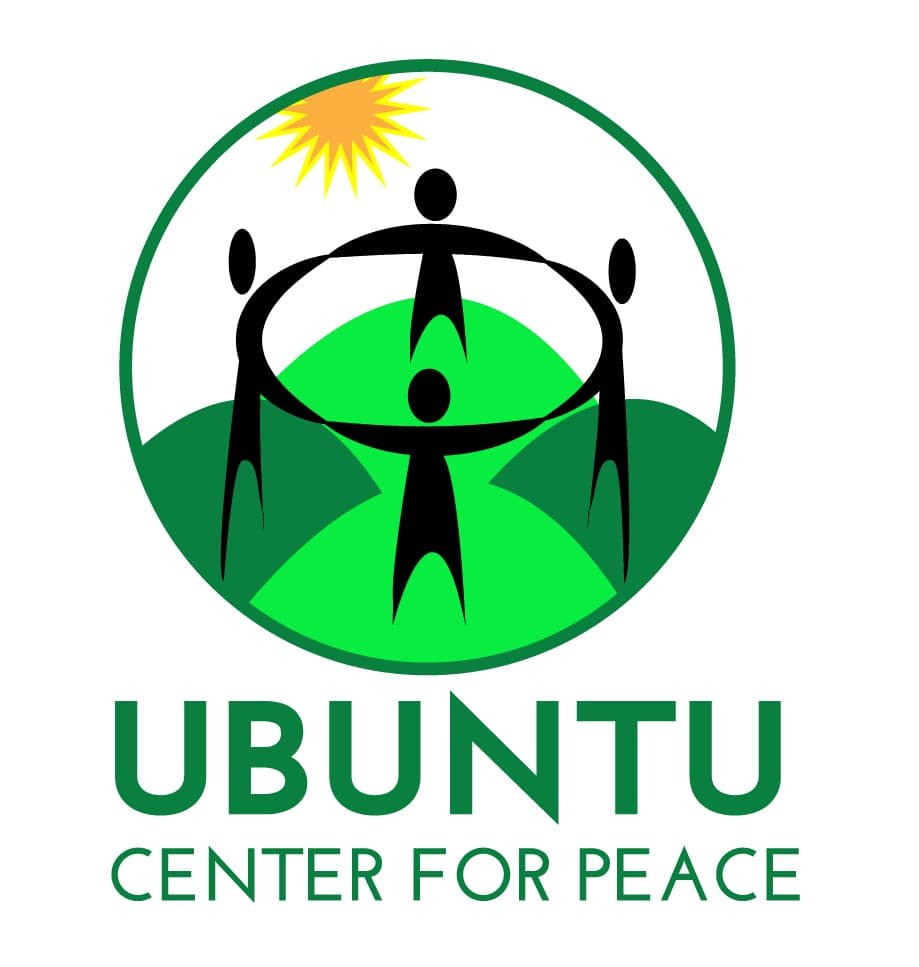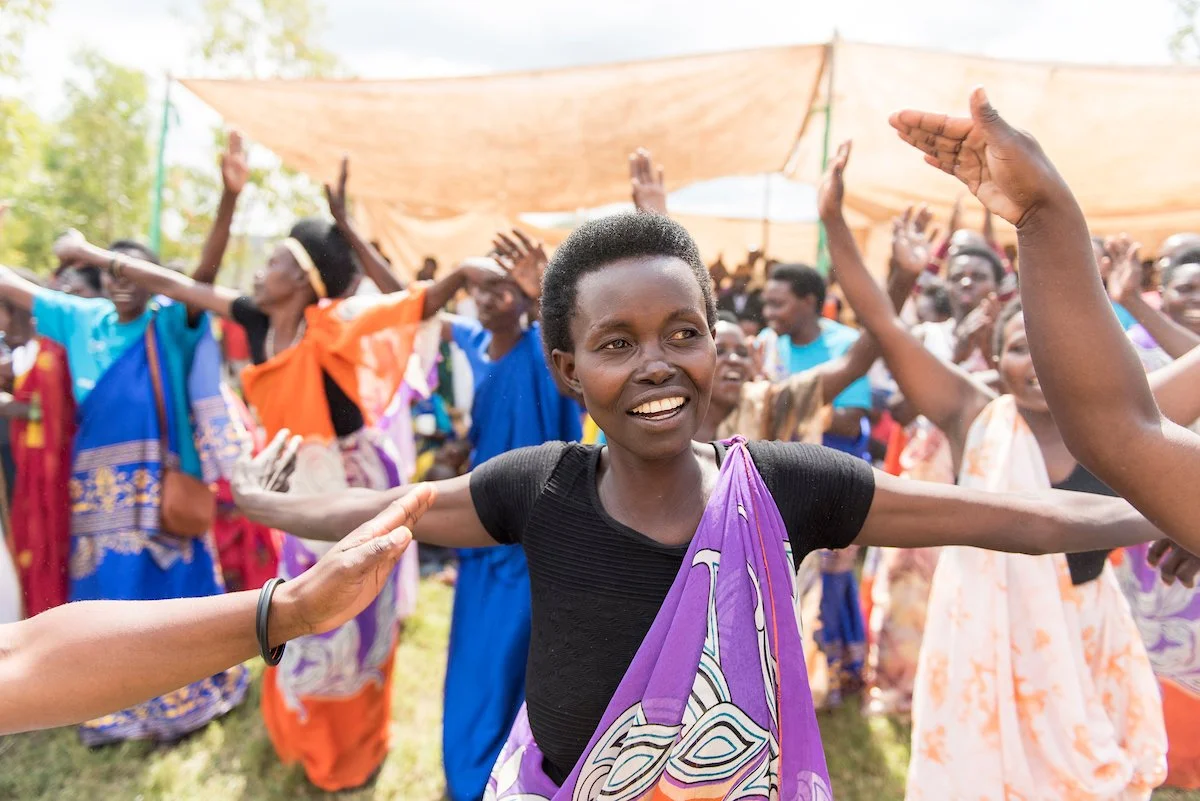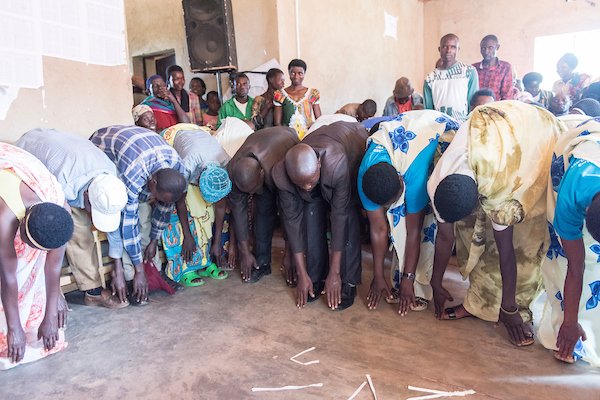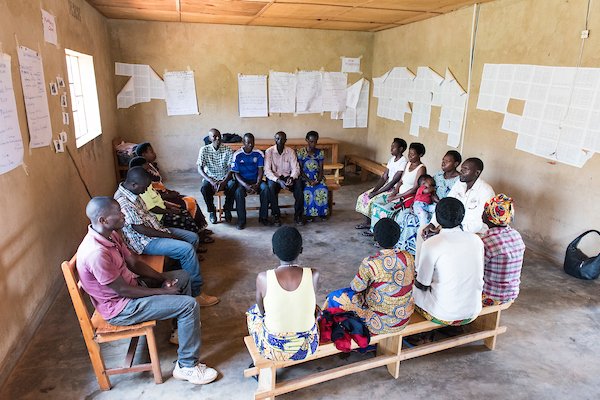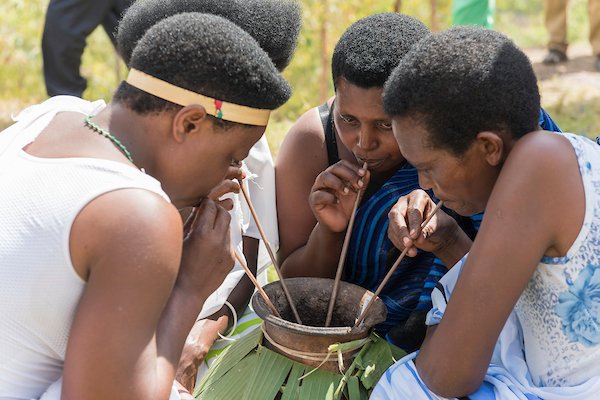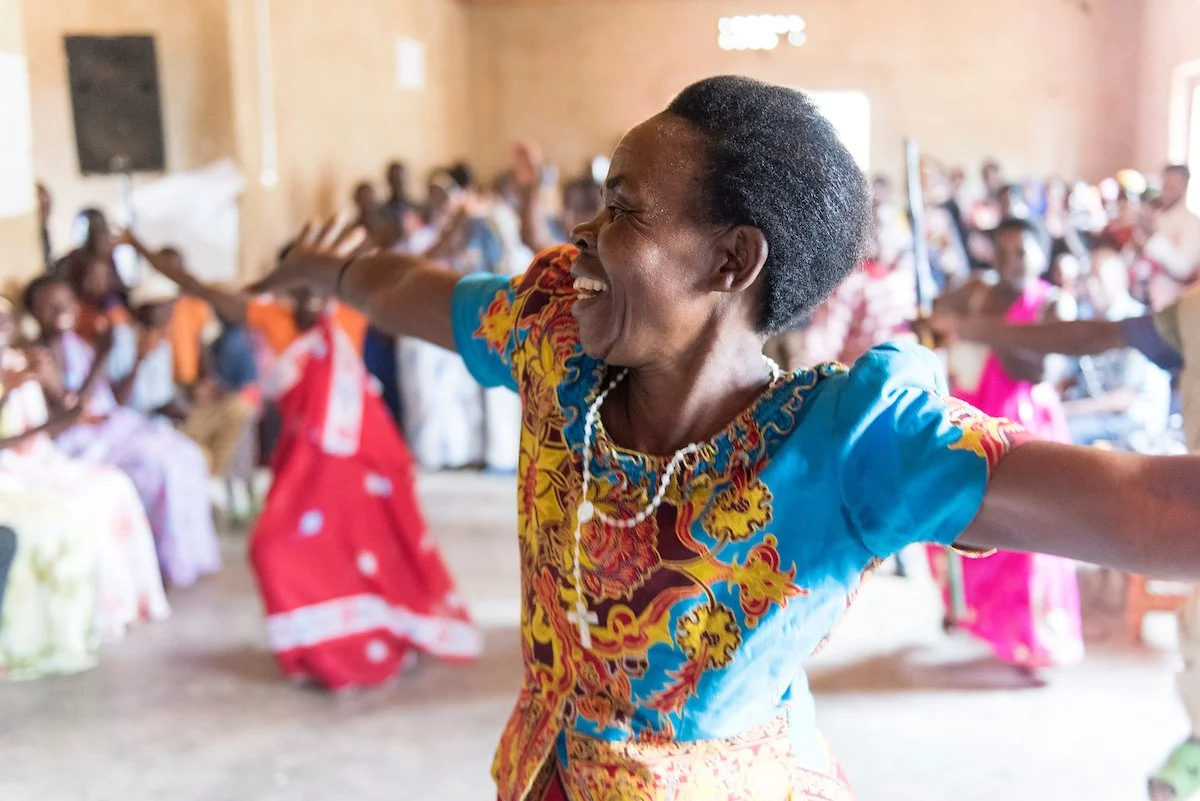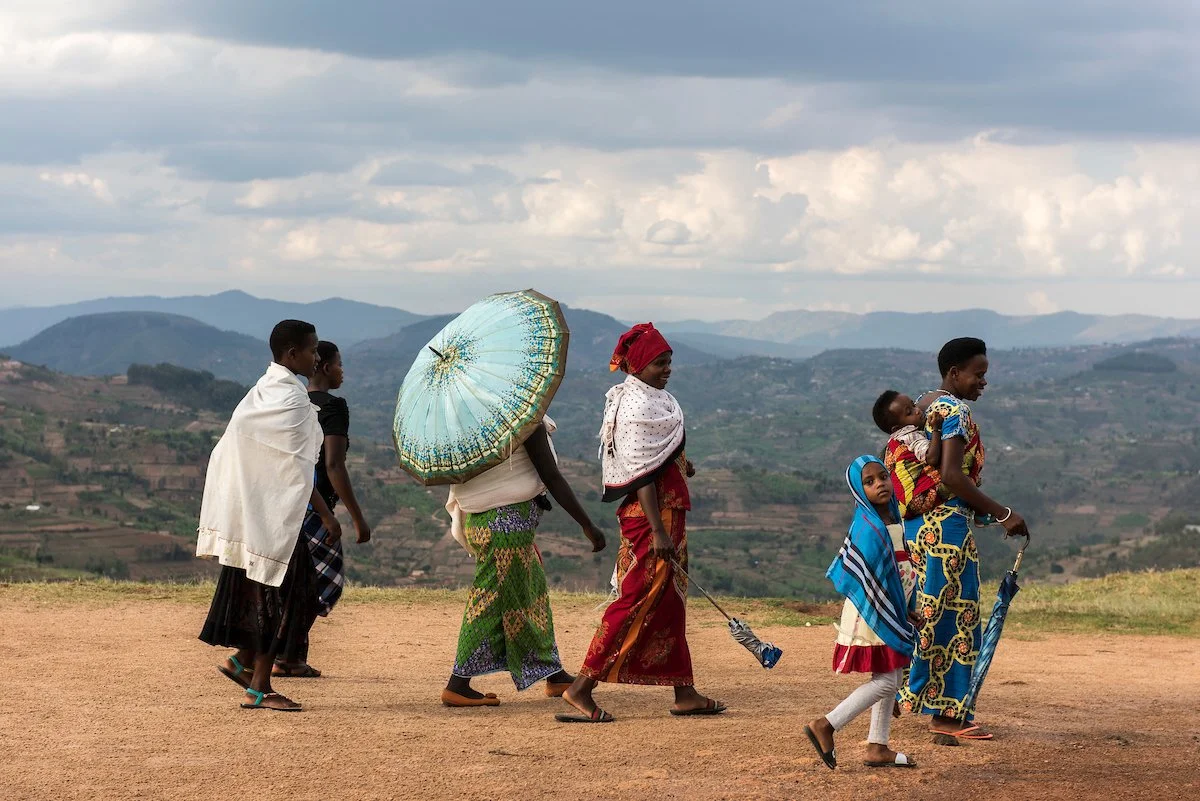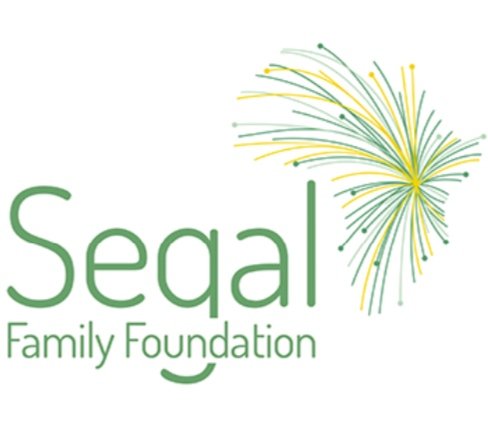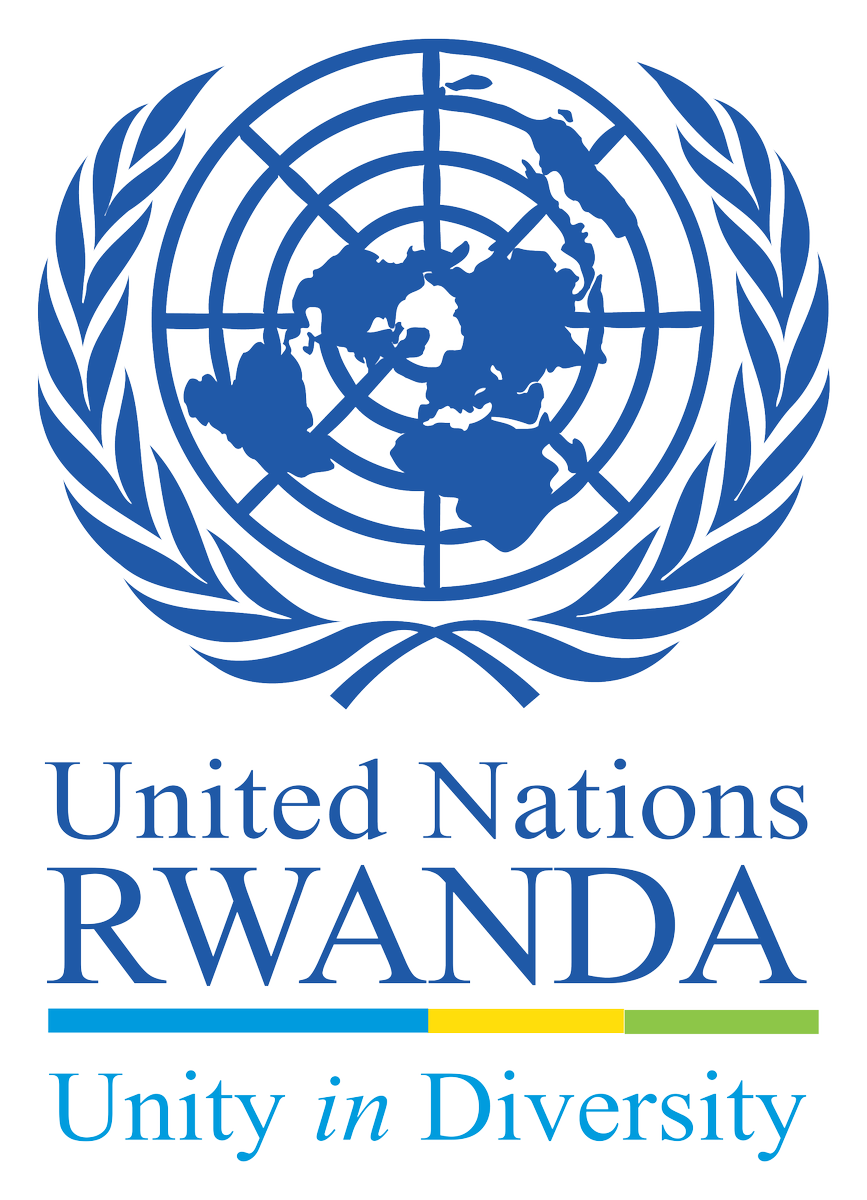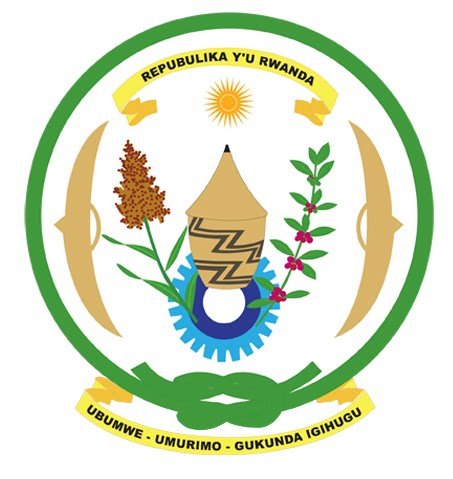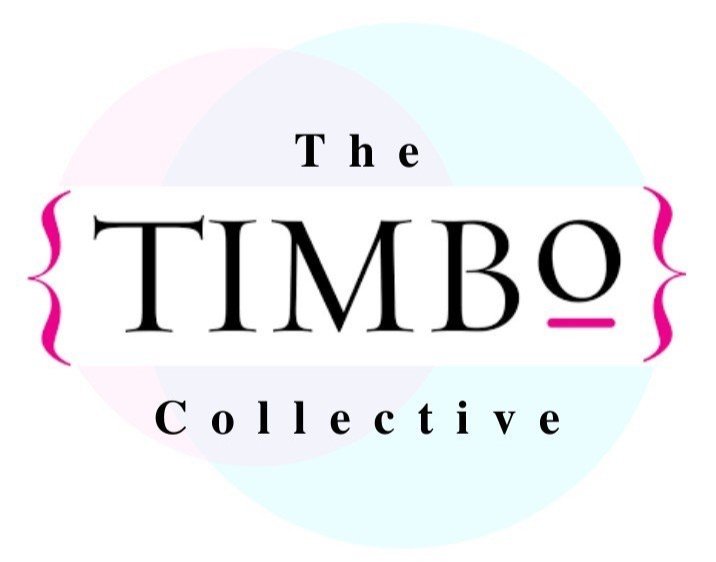Overcoming Trauma and Improving Mental Health Conditions and Wellbeing in Africa
With an Integrated, Scalable, Cost-Effective,
Community-Based Social Healing Model
The Challenge
Lack of access to mental health services
In Africa, over 80 million people live with depression and anxiety disorders.
In conflict affected countries, over 20% in the general population live with mental disorders predominantly depression, anxiety disorders and post-traumatic disorders. In post-genocide Rwanda, over 50% of the genocide survivors’ population lives with mental disorders. The situation is compounded with collective traumas that have crossed the borders.
Social and economic corollaries of untreated mental disorders include poverty, children’s compromised education, suicide, gender inequality, sexual and gender violence including domestic violence, just to name but a few.
Over 85% have no access to mental healthcare services they need in the current individualized and medicalized conventional healthcare system.
Our solution
An accessible, affordable and non-stigmatizing community-based mental health approach
Integrating breath-centered mind body practices, collective narrative in safe spaces and rituals
Delivered by trained and supervised Community Healing Assistants (CHAs)
Therapeutic Groups, each week, over 15 weeks
Transitioning to long term support groups with additional activities (lending circles, coops, solidarity)
Learn more about us and our program.
